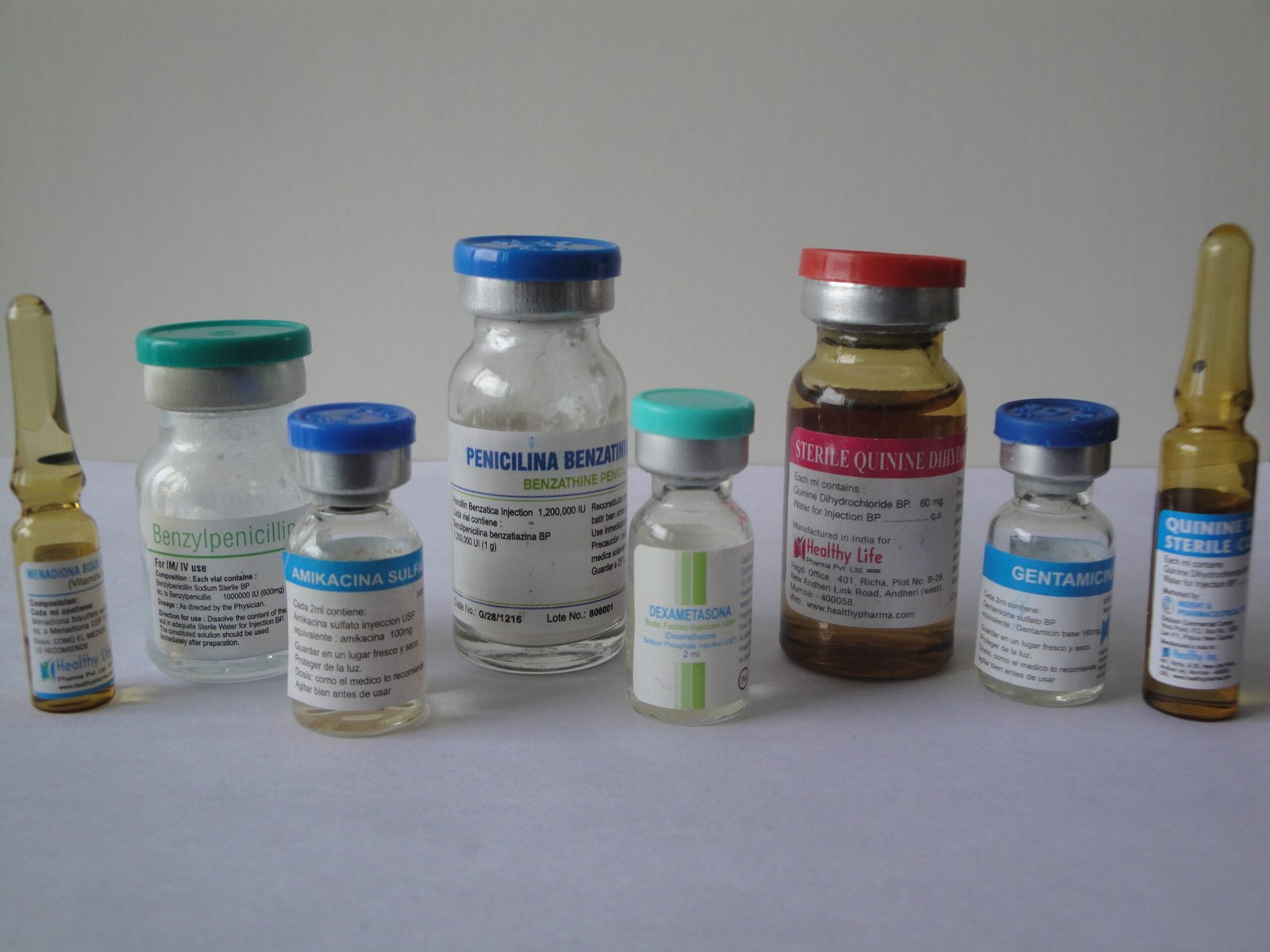Description
Triamcinolone Acetonide injection
Triamcinolone acetonide is a corticosteroid that can be administered by injection to treat various inflammatory conditions. The specific usage and dosage of Triamcinolone Acetonide 40mg injections depend on the medical condition being treated, the severity of the condition, and the individual patient’s response to the treatment. Here are some common uses of Triamcinolone Acetonide injections:
Joint Conditions: Triamcinolone injections are often used to treat inflammatory joint conditions such as osteoarthritis or rheumatoid arthritis. Intra-articular injections (directly into the joint) can help reduce inflammation and relieve pain.
Allergic Reactions: In some cases of severe allergic reactions or hypersensitivity, a healthcare provider may administer Triamcinolone Acetonide to reduce inflammation and alleviate symptoms.
Skin Conditions: Triamcinolone injections may be used for certain skin conditions, including dermatitis or psoriasis, when topical treatments are not sufficient.
Other Inflammatory Conditions: Triamcinolone can be used for various inflammatory conditions, such as tendonitis or bursitis, where localized treatment is beneficial.
It’s important to note that the dosage and frequency of injections will be determined by your healthcare provider based on your specific medical condition and response to treatment. Injections are usually administered by a healthcare professional, and they may be given as a single injection or as a series of injections over time.
As with any medication, Triamcinolone Acetonide injections can have potential side effects, and it’s crucial to follow your healthcare provider’s instructions carefully. If you have any concerns or experience unexpected side effects, it’s essential to communicate with your healthcare provider promptly. Always consult with your healthcare professional for personalized advice regarding your specific medical condition and treatment plan.
Triamcinolone acetonide injections are commonly used for a variety of inflammatory conditions, particularly those involving joints, soft tissues, or allergic reactions. Here are some common uses for Triamcinolone acetonide 40mg injections:
Joint Disorders: Triamcinolone injections are often used to treat inflammatory joint conditions such as arthritis. They can help reduce inflammation, swelling, and pain in affected joints. Conditions like rheumatoid arthritis, osteoarthritis, or inflammatory flare-ups of conditions like gout or pseudogout may benefit from these injections.
Soft Tissue Inflammation: Injections of triamcinolone acetonide can also be used to treat inflammation in soft tissues such as tendons or bursae. Conditions like tendonitis or bursitis, which involve inflammation around tendons or bursa sacs, can be alleviated with these injections.
Allergic Reactions: Triamcinolone injections can be used to treat severe allergic reactions, particularly those involving inflammation of the airways (such as asthma exacerbations) or severe skin reactions (such as severe eczema or allergic dermatitis).
Dermatological Conditions: Some skin conditions, such as severe psoriasis or certain types of dermatitis, may be treated with triamcinolone injections when topical treatments are ineffective or impractical.
Eye Disorders: In some cases, triamcinolone acetonide injections are used in ophthalmology to treat certain eye conditions, such as macular edema or uveitis.
It’s important to note that the specific usage and dosage of triamcinolone acetonide injections will vary based on the individual patient’s condition, severity, and response to treatment. These injections are typically administered by a healthcare professional, often directly into the affected area or into a muscle depending on the condition being treated.
As with any medication, it’s crucial to use triamcinolone acetonide injections under the guidance and prescription of a qualified healthcare provider. They can provide personalized recommendations based on your medical history, current health status, and specific needs. Additionally, it’s important to be aware of potential side effects and to report any concerns to your healthcare provider promptly.
Triamcinolone acetonide 40mg injection is commonly used to treat various inflammatory conditions. The specific usage and dosage will depend on the medical condition being treated and the recommendations of your healthcare provider. Here are some common uses of Triamcinolone Acetonide 40mg injection:
Inflammatory Joint Conditions: Triamcinolone injections are often used to treat inflammatory joint conditions, such as arthritis. The injection can help reduce inflammation and relieve symptoms like pain and swelling.
Allergic Reactions: Triamcinolone injections may be prescribed to manage severe allergic reactions or inflammatory skin conditions.
Dermatologic Conditions: In certain cases, dermatologists may use Triamcinolone injections to treat skin conditions like psoriasis, eczema, or other inflammatory skin disorders.
Soft Tissue Inflammation: Triamcinolone injections may be used to reduce inflammation in soft tissues, such as bursitis or tendonitis.
Inflammatory Eye Conditions: In ophthalmology, Triamcinolone injections can be used to treat certain inflammatory eye conditions.
It’s important to note that the usage of Triamcinolone Acetonide should be directed by a qualified healthcare professional. The injection is typically administered by a healthcare provider in a clinical setting. The frequency of injections and the total duration of treatment will be determined by the severity of the condition and the response to treatment.
As with any medication, there can be side effects, and it’s crucial to communicate with your healthcare provider about any concerns or changes in your health during the course of treatment. Never self-administer this medication or change the dosage without consulting your healthcare provider.



